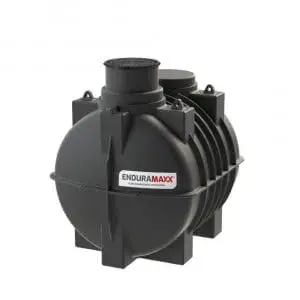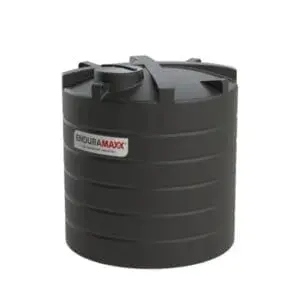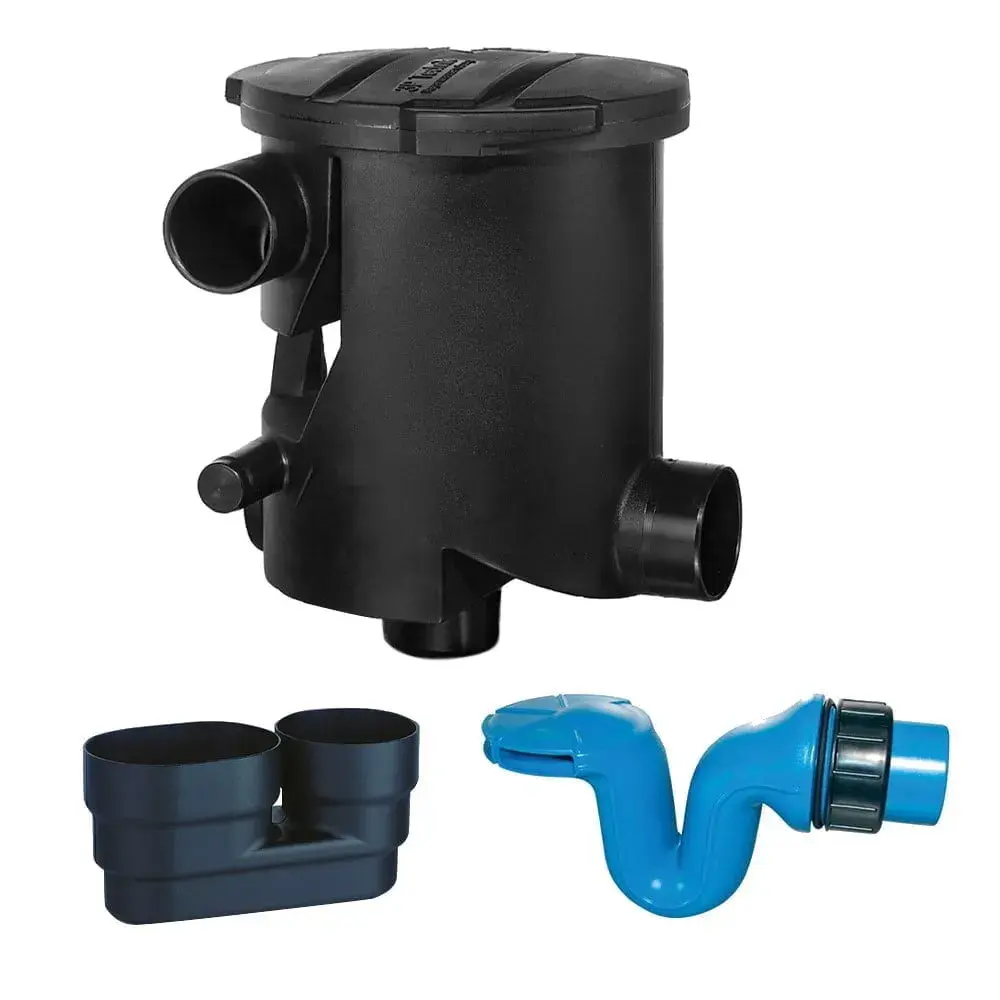Water is used throughout the food and drink industry for both cleaning and production processes. This water is then either disposed of as wastewater or reused as process water. In both cases, the water needs to be properly treated before it can be either drained into the sewage system or reused.
Unfortunately, many foods and beverage manufacturers might not even consider substantial wastewater management until the issue is out of control. Failure to correctly dispose of wastewater that results in damage to the environment could result in legal action or the closure of a business. Today, we’re going to take a quick look at the requirements food and drink manufacturers need to be aware of. By being more aware of these requirements you can keep your business safe from potential legal troubles.
What Is Trade Effluent?
Trade effluent is any form of liquid waste from your business that could be harmful to the environment. The definition of trade effluent is not inclusive of domestic sewage e.g. wastewater from showers or basins. It also does not include rainwater draining from the roof of your premises.
Any other liquid waste produced by your business is deemed trade effluent (e.g. dairy wastewater, poultry wastewater, or bakery wastewater). It’s important to note there are strict rules concerning the maceration of food waste that can be then disposed of through the public sewer system. This needs to be properly treated and safely disposed of, too.
For further details on how to trade effluent is viewed under the Water Industry Act (1991), please visit the legislation page.
Do You Require Consent To Discharge Wastewater?
Anyone who discharges trade effluent needs one to consent to discharge wastewater. If you are a food and drink manufacturer you require consent to discharge wastewater or Trade Effluent consent to discharge to sewer. This can be gained through your Sewerage Undertaker.
For more information regarding Trade Effluent Consent visit Wholesale Water and Sewage Companies on Ofwat.com.
Who Needs To Be Aware Of These Requirements?
Every food and drink manufacturer needs to be aware of these requirements and if wastewater from your business is found to be harming the environment you could still face prosecution.
All wastewater is taken through the sewage system to water recycling works where it can be processed, treated, and returned safely to the environment. These water authorities reserve the right to refuse any wastewater which may cause environmental damage or have an impact on public health and safety.
The agencies that deal with these wastewater treatment issues are:
- The Environment Agency (England)
- Scottish Environment Protection Agency (SEPA)
- Northern Ireland Environment Agency (NIEA)
- Natural Sources (Wales)
Furthermore, if they believe there is a danger of trade effluent from a particular manufacturer damaging sewage or treatment systems they may refuse to accept that wastewater.
Companies that dispose of wastewater without consent may receive a hefty fine or punitive legal action.
How To Dispose Of Wastewater Correctly
Disposing of your business’s wastewater is a legal responsibility of your business.
Many businesses choose to use a third-party service to take care of their wastewater management needs appropriately.
However, it’s important to understand that it is still the responsibility of your business to ensure that the wastewater is being handled correctly. Failure to dispose of wastewater safely could result in the prosecution of your business.
Maintaining records of your wastewater process is incredibly important. You should keep all collection slips from your waste management company for a minimum of two years as they may be required by the relevant environmental agency or local council.
How Can Enduramaxx Help Food And Drink Manufacturers?
Enduramaxx provides everything any business would require for an effective wastewater treatment system. This includes storage tanks for wastewater containment as well as mixing and reaction vessels for wastewater treatment. Enduramaxx also provides Polymer Makeup and Dosing which can economically process trade effluent.
For access to the full range of Enduramaxx products visit our home page today.
Posts By Topics
- Blog (303)
- Chemical Storage Tanks (118)
- Chemical Dosing Tanks (114)
- Chemical Tanks (114)
- Water Tanks (58)
- Rainwater Harvesting Tanks (43)
- Vertical Rainwater Tanks (31)
- Vertical Storage Tanks (31)
- Cone Bottom Tanks (19)
- Conical Cone Tanks (18)
- Rainwater Harvesting (17)
- Water Bowsers (15)
- Horizontal Tanks (14)
- Potable Water Tanks (13)
- Farming (9)
- Case Studies (8)
- Industrial Storage Tanks (7)
- Liquid Fertilser Storage Tanks (6)
- WRAS Approved Potable Tanks (6)
- Wine and Beer Production (6)
- Horizontal Transport Tanks (5)
- Microbrewery (5)
- Rainwater (5)
- Category 5 Break Tanks (4)
- Cider Production (4)
- Mixer Tanks (4)
- Molasses Tanks (4)
- Polyethylene tanks (4)
- Rainwater Filter Kits (4)
- SPECIALIST & BESPOKE TANKS (4)
- Bunded Tanks (3)
- Slimline Tanks (3)
- WRAS Approved (3)
- Clarification Tanks (2)
- Crosslinked Polymer Tanks (XLPE) (2)
- Fertiliser Tanks (2)
- Sump Tanks (2)
- Tank Installation (2)
- Water Butt (2)
- underground water tanks (2)
- ACCESSORIES & FITTINGS (1)
- ATV & UTV SPRAYING UNITS (1)
- Above Ground Effluent Tanks (1)
- Bespoke Tank Frames (1)
- Category 5 Turret (1)
- Caustic Soda Tanks (1)
- Closed Top Bunded Tanks (1)
- Craft beer (1)
- Effluent Tanks (1)
- Enduramaxx (1)
- Ferric Chloride Tanks (1)
- Fire Safety Regulations (1)
- Fire Sprinkler Water Storage Tanks (1)
- Industrial Water Tank (1)
- Open Top Bunded Tanks (1)
- Open Top Cone Tanks (1)
- Open Top Vertical Tanks (1)
- Polyethylene Potable Water Tanks (1)
- Polyvinylidene Fluoride (PVDF) Tanks (1)
- Polyvinylidene Fluoride Tanks (PVDF) (1)
- Pressure Washers (1)
- Pro Series Spot Sprayers (1)
- RWH (1)
- Sodium Hydroxide Storage Tanks (1)
- Sprayer Fill-up Tanks (1)
- Uncategorised (1)
- liquid fertiliser tank (1)
Sign up to the newsletter
enduramaxx.marketing
Related Posts
CAD Drawings Available For Our Tanks
CAD Drawings Available to help with your next project! Without CAD files, designing your wastewater...
Dished Based Solids Settling Tanks, Uses in Wastewater Treatment
Enduramaxx dished base solids settling tanks with conical bases are mounted on steel frame used...
Effluent and Sludge Settlement Tanks
Enduramaxx manufacture tanks for effluent & sludge storage from either Polypropylene or...
Related Products
From £1,080.00 inc. VAT
£900.00 exc. VAT
From £1,344.00 inc. VAT
£1,120.00 exc. VAT
From £768.00 inc. VAT
£640.00 exc. VAT
£480.00 inc. VAT
£400.00 exc. VAT





